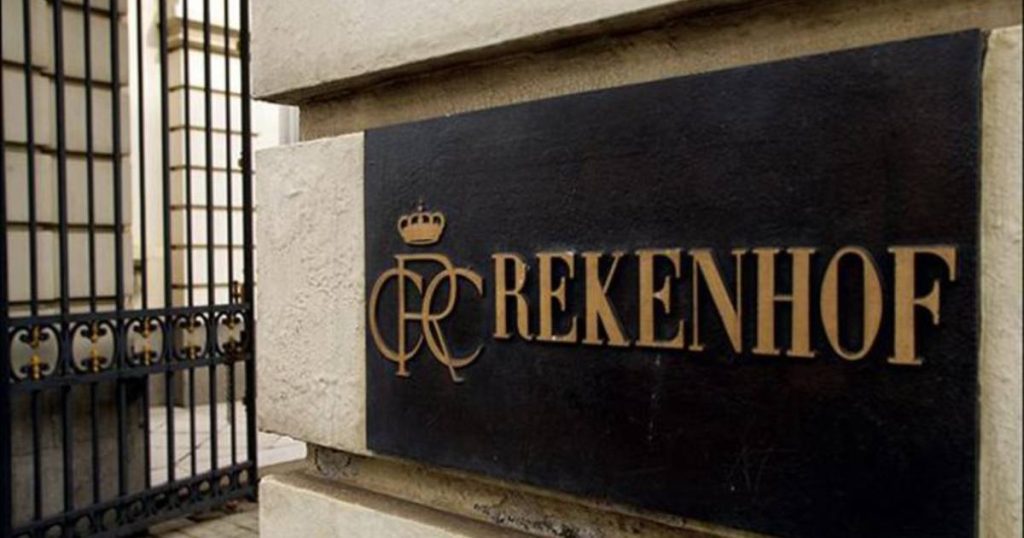As a result of, among other things, higher interest rates and the apparent decline in inflation from 2024, the “snowball effect” could lead to an increase in government debt in the coming years. The Audit Bureau warned of this in a report to the House of Representatives on the state budget for 2023.
Based on the draft budget, Belgium’s debt ratio will rise from 105.3 percent of GDP in 2022 to 108.2 percent in 2023, the Court of Auditors writes. For the federal government and Social Security, if the policy remains unchanged, an increase is assumed from 87.7 percent in 2024 to 93.5 percent of GDP in 2027. A country or region’s GDP is the market value of all goods and services produced in one year.
Court notes that interest rates were historically low until the beginning of this year, and as a result the implied interest rate on the federal government’s debt was well below inflation. As a result, the snowball effect that caused debt to rise sharply in the 1980s, despite large primary deficits and slow economic growth, could be avoided.
bleak prospects
The Court’s prospects for the coming years are more bleak. Activation of this snowball effect could be facilitated by the combination of the apparent decrease in inflation, projected from 2024 (1.8%), and the potential increase in the implied interest rate due to an increase of approximately 200 basis points (or 2%) from market reference rates. fiscal year 2022, and the expected maintenance of a large primary deficit,” the warning reads.
a look. Brandishing and kissing Eva de Bleecker quits after budget missteps
get rid of
In addition, the Court of Auditors states that the “general escape clause” is still in effect for EU countries this year, allowing for a more flexible approach to European financial rules. But from 2024, this provision will be removed and strict financial rules will apply again. At this point, “heavily indebted member states such as Belgium will be required to demonstrate that they are making the necessary efforts to reduce their public debt within a four-year period,” said the Court of Auditors.
Finally, interest charges for 2022 have also been revised to €6.9 billion. But the Court points out that these projections are based on assumptions made in September. Therefore, an increase in appropriations for financing interest charges cannot be ruled out. An increase in the yield curve by 1 per cent threatens an extra budgetary cost of €660m next year.
See also. This was Eva de Bleecker’s two-minute foul course
Unlimited free access to Showbytes? Which can!
Log in or create an account and never miss a thing from the stars.

“Total coffee specialist. Hardcore reader. Incurable music scholar. Web guru. Freelance troublemaker. Problem solver. Travel trailblazer.”







More Stories
Bitcoin price rises after new jobs data from US
European stock markets open higher | beursduivel.be
Russia’s oil imports to China decline